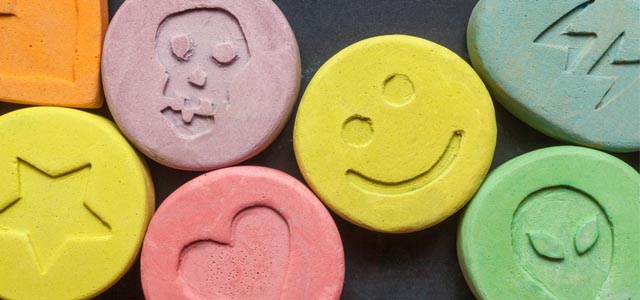Content warning: This article discusses drug-related deaths.
Pill testing programs have run in European countries for the past twenty years. A wider public debate is currently underway about whether or not New South Wales should do the same thing.
Recently, the state’s Deputy Coroner called upon the government to allow pill-testing at music festivals, as part of a wider strategy to address drug related deaths. The recommendation was made as part of a coronal inquest into the deaths of six young people at various music festivals.
The Uniting Church NSW and ACT Synod backs a pill-testing trial as part of its wider support for the Fair Treatment campaign.
Pill testing involves a client handing over their pills for testing, before speaking to a healthcare professional about what their pills contain. They are given options to seek treatment and have the chance to dispose of their pills.
NSW Premier Gladys Berejiklian continues to oppose pill testing. The Premier argues that testing would provide a false sense of security for pill users.
In a statement issued on 15 October, NSW and ACT Moderator Rev. Simon Hansford said that pill testing gave greater opportunities for treatment.
“Pill testing can be the first opportunity someone has to talk to a health professional about drug use and its inherent risks,” Rev. Hansford said.
This trial, Rev. Hansford explained, had already been suggested by several Uniting Church congregations.
“This advocacy is
not just theoretical,” he said.
“We would be willing to work with the authorities to provide a place where
drugs can be checked, as part of a wider effort to curb unnecessary deaths at
music festivals and elsewhere.”
In backing this measure, the
church joins the
Australian Medical Association in supporting pill testing.
AMA President Dr Tony Bartone says that pill testing works as part of boarder
harm minimisation strategies.
“Pill testing will not completely solve the
problems associated with illicit drug consumption by young people at music
festivals, but it does provide an avenue for opportunistic engagement with
health professionals, drug and alcohol counsellors, and highly-trained peer
educators,” Dr Bartone said.
“Authorised and medically-supervised pill testing provides an avenue to establish rapport, and to provide important harm minimisation messages to young people attending music festivals and other events.”
Since the Medically Supervised Injecting Centre (Uniting MSIC) in Kings Cross was established 18 years ago, it has been run by Uniting, the service and advocacy arm of the Uniting Church NSW.ACT.
In 2016 the Church passed two resolutions calling on governments to direct greater investment in demand and harm reduction practices and the further decriminalisation of personal drug use.
“We strongly believe there is merit in decriminalising the personal use of drugs and to increase treatment options for those in the community who have a problem with drugs,” Rev. Hansford said.
In April 2019, a pill testing trial took place at the Groovin’ The Moo festival in Canberra. Organisers say that the lives of seven people were potentially saved, after patrons discarded drugs that contained n-ethylpentylone.
In 2016, 43 percent of people aged 14 and older reported they had used an illicit drug at some point in their lifetime. Twenty eight percent of people in their twenties said they had used illicit drugs in the past year.
Jonathan Foye is Insights’ Editor













